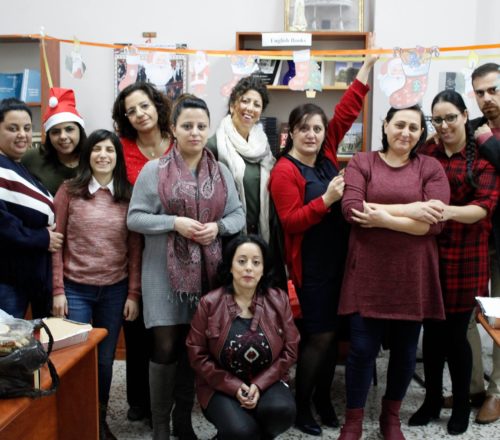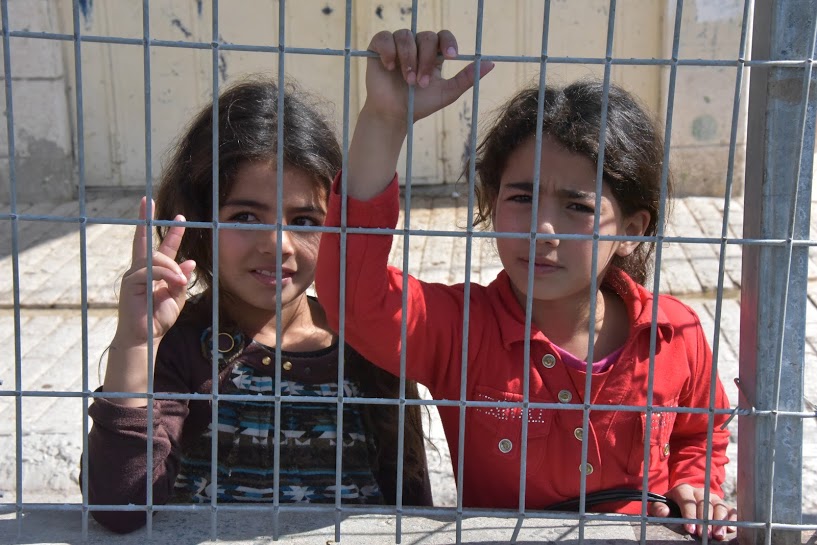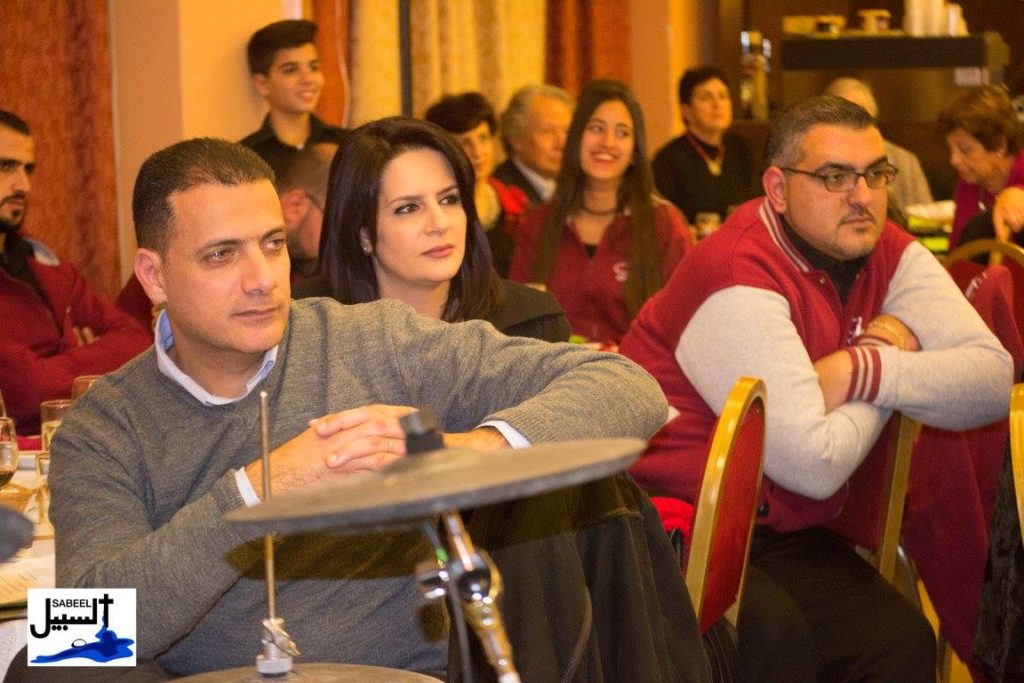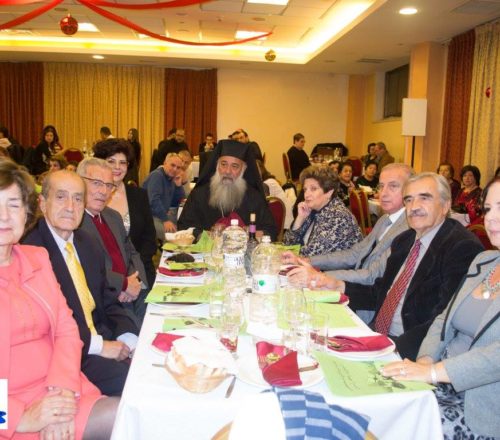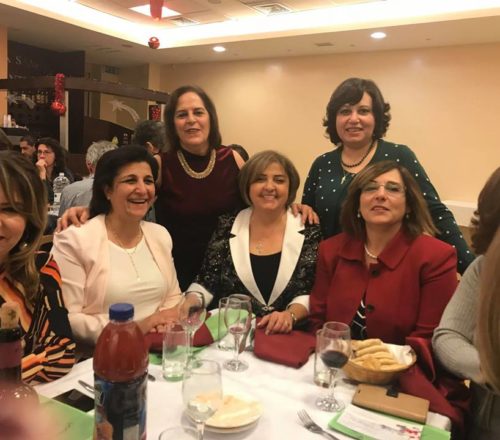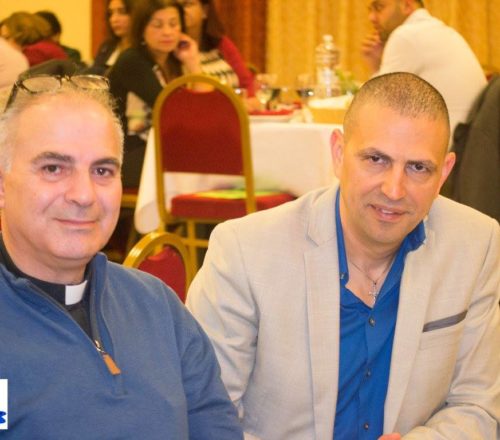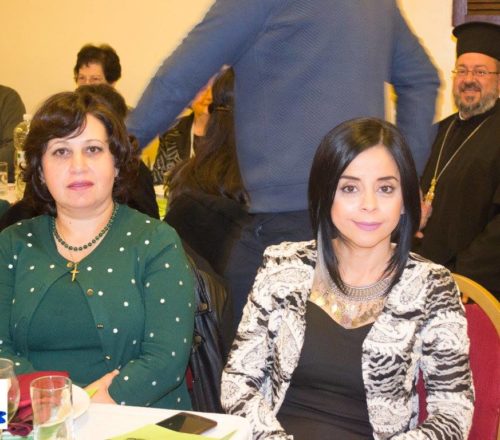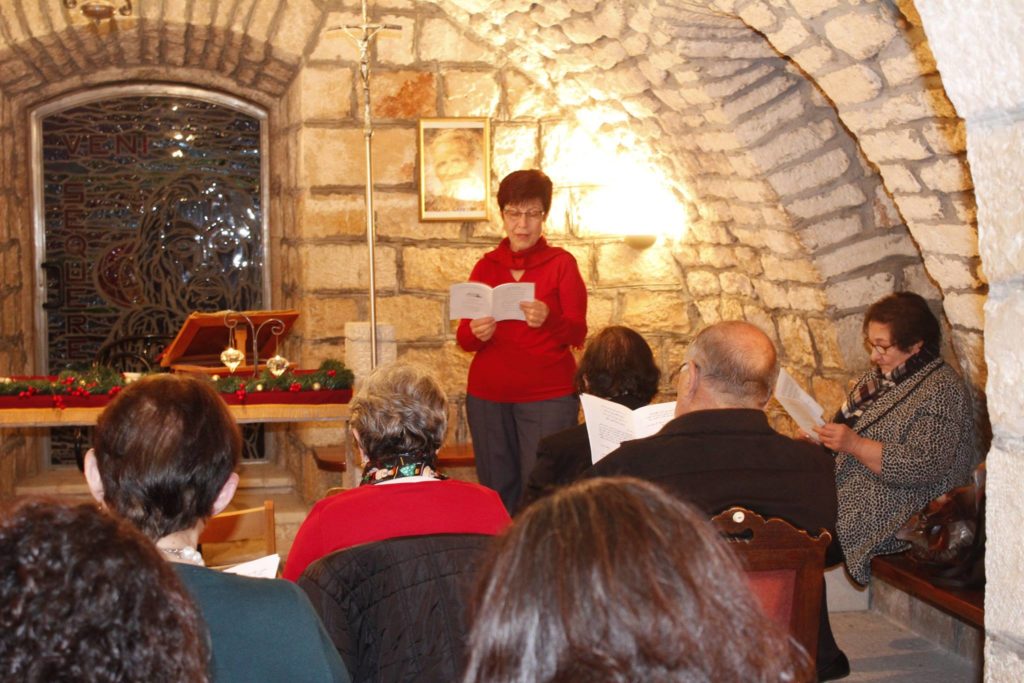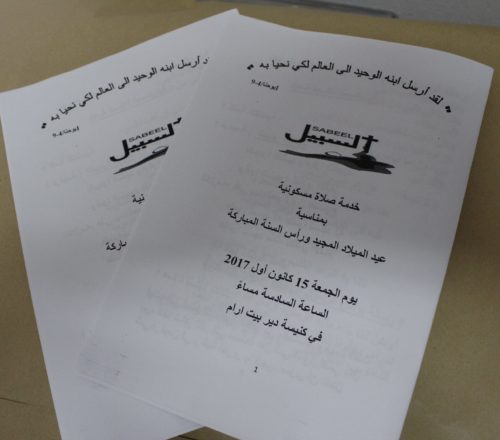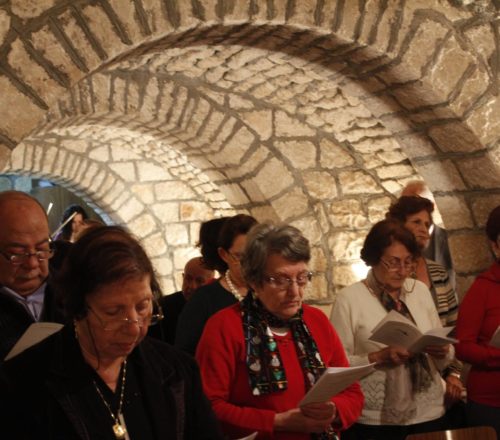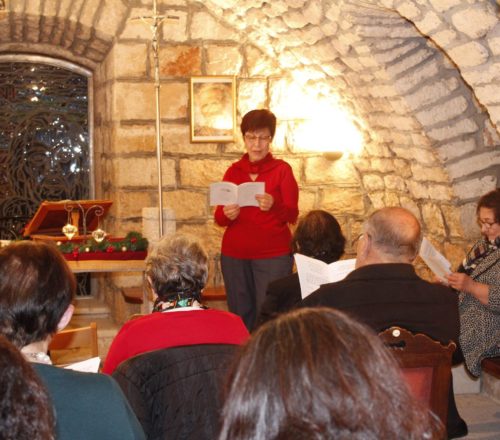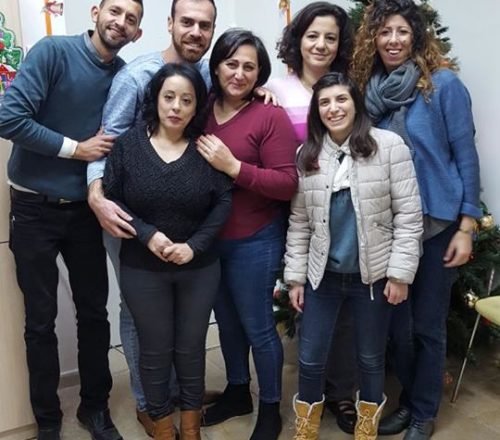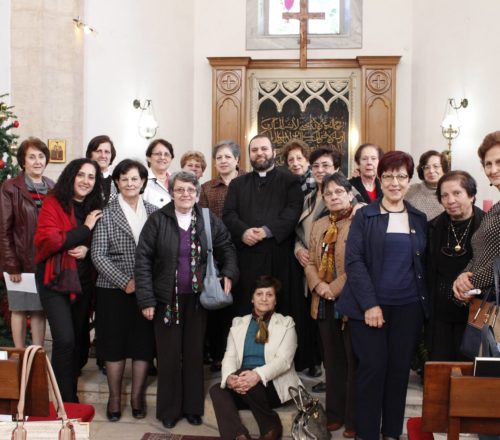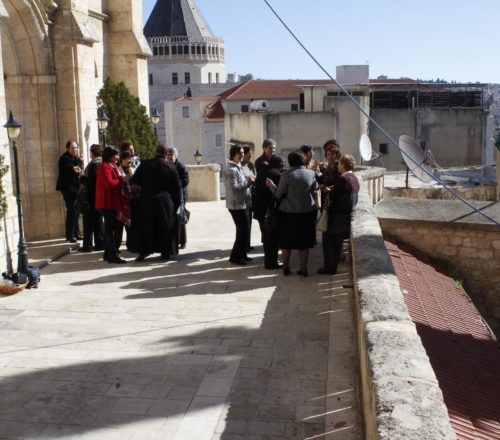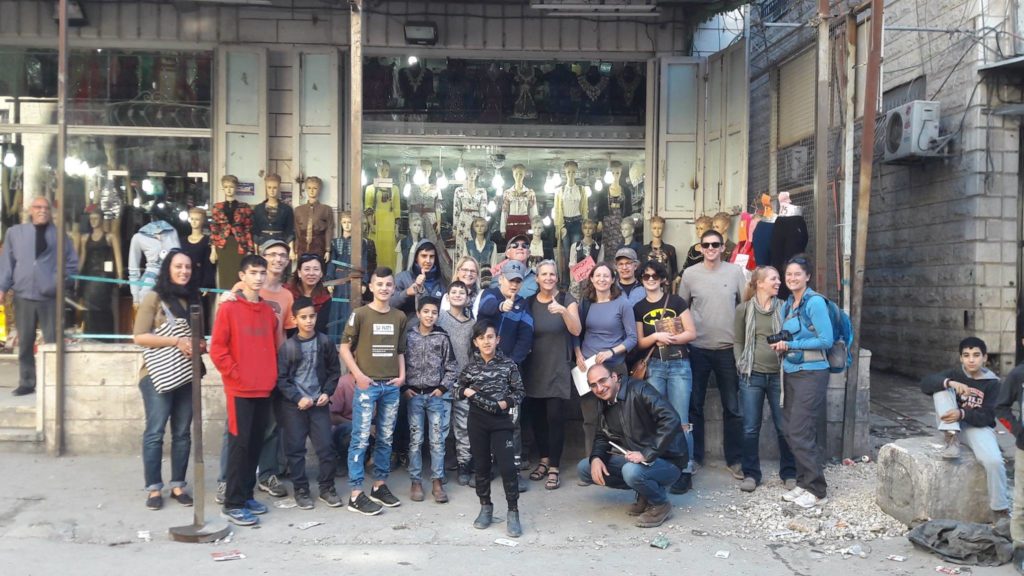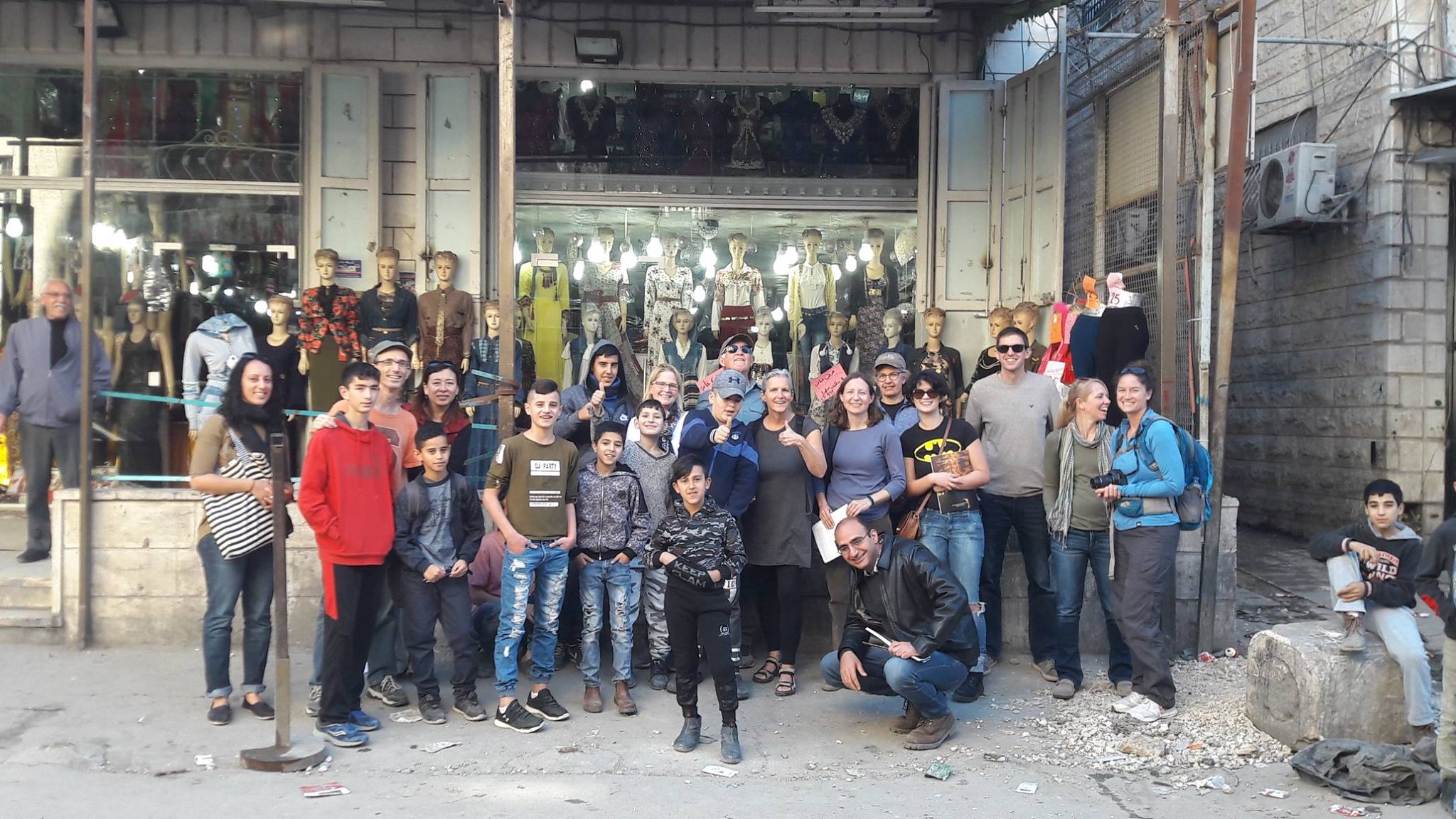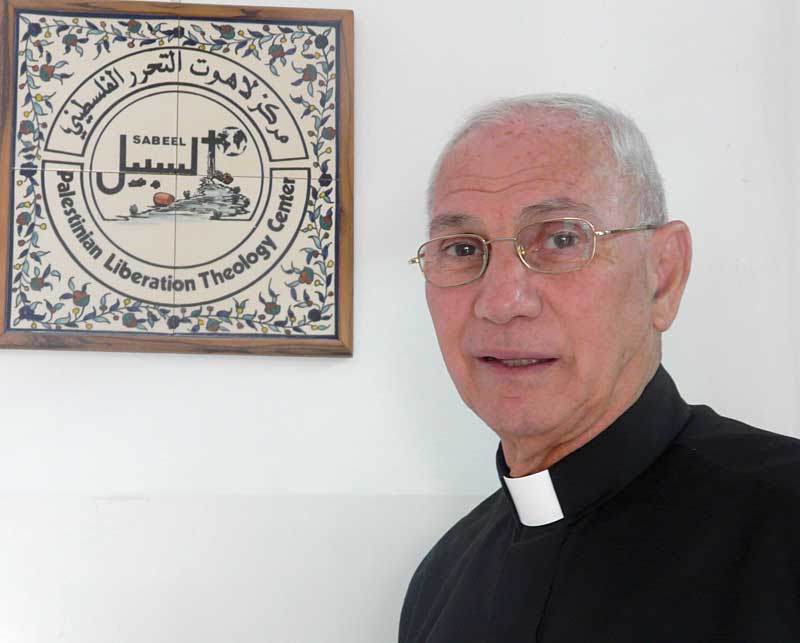
I want to thank you for taking the time to read my book and to review it. I also want to thank you for your openness and frankness. I appreciate your commitment to justice and peace for our Palestinian people. I would like to express my respect for your work and scholarship.
I was brought up in an evangelical home, and like many Protestants, we believed that the Bible is the literal word of God. I am thankful to the Spirit of God for liberating and guiding me into the deeper truths of the word of God; for “the letter kills, but the Spirit gives life” (2 Corinthians 3:6). It is the spirit, the meaning, and the importance of living Christ’s Gospel on a daily basis that really matters.
The heart of the matter is what we mean by the word of God.
We are definitely in agreement that the canon of Scripture includes both the Old and New Testament. For us Christians, the problem of the Old Testament is largely hermeneutical, i.e. how do we interpret and understand those texts which violate Human Rights and are ethically and morally reprehensible. I am speaking about biblical texts that present God as violent, racist, xenophobic, genocidal, etc. Such biblical texts are in no way “the word of God” for me. Are they the word of God for you? How do you interpret them? I reach this conclusion when I apply my God-given reason and the Christ hermeneutical key in interpreting those texts. However, it is important to emphasize that there are many other texts in the Old Testament that pass the test of reason and the Christ and love hermeneutic and I consider them a word of God for me. Therefore, I can no longer give a blanket statement on the Bible as the word of God in totality. Furthermore, faithfulness to Christ, the authentic Word of God, does not allow me to keep silent.
If my statement in my new book was not precise regarding the word of God, I like to thank you for drawing my attention to it. Therefore, let me clearly reiterate that for me as a Christian, the Old Testament continues to be the word of God whenever and wherever it conforms and complies with the Christ hermeneutic and God’s love hermeneutic that embraces all people equally.
Let me cite two examples from the book: when we read in the Bible that God orders the ancient Israelites to drive out the inhabitants of Canaan (the indigenous people of the land) (Numbers 33:50-52) and orders their total annihilation (Deuteronomy 7:1-2), do we really believe that this is the God whom we love and worship? Can the God of love and mercy have pleasure in committing ethnic cleansing and genocide? Is this the God whom we have come to know in Jesus Christ? Do you really believe that such texts came out from the mouth of God? I don’t believe that such texts are or reflect any word from God.
On the other hand, when I read that God tells the prophet Ezekiel, after the exile, (Ezekiel 47:21-23) that all the inhabitants of the land – Jews and “Gentiles” must share it and inherit it on an equal basis, I can immediately accept it as a word of God for me not because it suits my Palestinian agenda, but because it fulfills the hermeneutic of love for all. Both of the above texts are found in the Old Testament. The former I find humanly repulsive, immoral, and theologically offensive and cannot be God’s word for me. While the latter, I find humanly refreshing and acceptable as God’s word because it can contribute to a just-peacemaking between the Palestinians and the Israelis. Such application of the Christ-love hermeneutic can help Christians anywhere in the world to determine what is, and is not, God’s word for them as they read and study the Bible.
Brief comments on your specific points:
Due to the misuse and abuse of the Bible by Jewish religious and Christian Zionists, it is our responsibility as Palestinian Christians to de-Zionize the Bible. To de-Zionize the Old Testament is to critique and reject what seems to be a “Zionist theology of God.” Zionism – both secular and religious – has corrupted the biblical faith. As mentioned already, Zionism’s god is tribal, exclusive, prejudiced, and xenophobic. Therefore, it is the responsibility of all biblical scholars to help us de-Zionize the Bible.
1. Your first point: At the time of Jesus and the New Testament writers, it is debatable whether the Old Testament canon was already finalized. Jesus, however, quoted from some of the books, especially the Psalms and Isaiah but he was selective and critical. Jesus felt free to add or subtract from the texts. (See Matthew 5:21-47; see Luke 4:16-30 how Jesus was very selective in his reading of Isaiah 61. He stopped in mid-sentence and refrained from reading the racist parts of Isaiah 61: 2b-7)
2. Your second point: Your claim that the New Testament writers saw “the Old Testament in its totality” as leading to Christ is not historically precise; but it is true that Jesus and the early church believed that the Hebrew Scriptures were fulfilled by the coming of Jesus Christ.
3. Your third point: Is it possible that you confused the reader when you referred to the polyphonic reality of truth in the Bible? I believe that at a deeper reading of my book, one can find a deeper engagement with the polyphonic nature of revelation.
4. Your fourth point: I am fully aware of the history of the Church. In the second century AD, Marcion rejected the Old Testament because he could not reconcile the God of war and violence of the Old Testament with the God of love of the New Testament. For Marcion, the discrepancy was huge so he called for the separation of the two. Today, we believe in One God of both testaments and through the hermeneutical key we can ensure that the one true God is the God of love, justice, and peace.
5. Your fifth point: It is a wrong generalization to say that I “insist on rejecting the Old Testament…” These are not my words. However, as I tried to show earlier that all those texts that do not conform and are inconsistent with the Spirit of Christ I openly reject, because they are impediments to the spirit of the word of God. This, however, must be balanced by many texts in the Old Testament that I find spiritually uplifting and morally edifying. Such texts I embrace as God’s word for me. Everything that passes the test of the hermeneutic of love comes from God; while everything that fails the test will remain in the Bible but has no authority or spiritual value for me. It is not the word of God for me.
Let me finally be very clear: A Palestinian theology of liberation that is hesitant and unwilling to expose those exclusive and racist biblical texts can indeed damage Sabeel. However, a liberation theology that is committed to the truth of the Gospel and is willing to expose, critique, and reject them can enhance Sabeel’s credibility and embolden its ministry and its work for justice and peace and remain faithful to Jesus Christ.
Thank you for helping me to clarify my position.
Naim Ateek
Print – Download
Sorry Rev. Naim, I cannot agree with you! By Rev. Dr. Yohanna Katanacho






